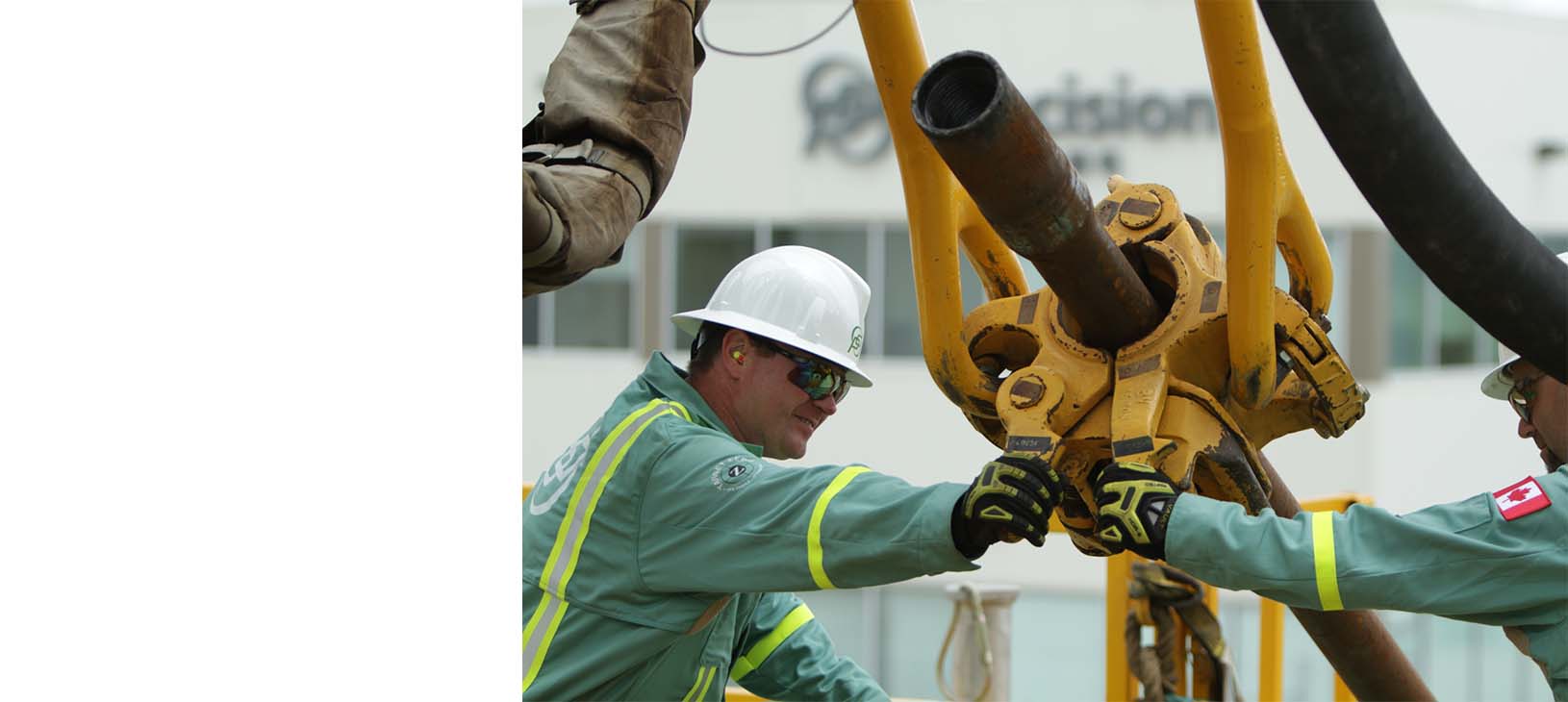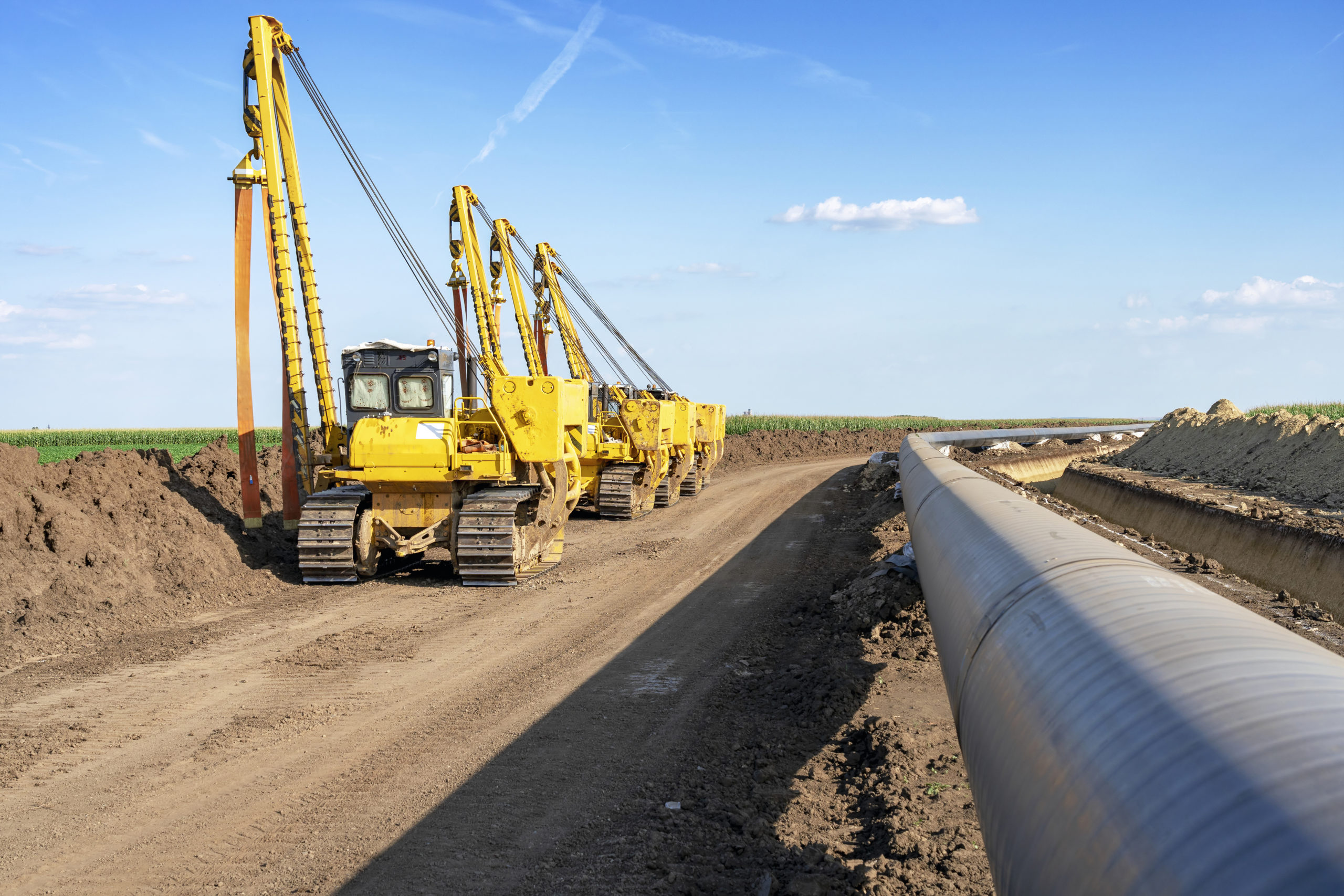A practical handbook to Superior Oilfield Rentals Texas and its key benefits
Wiki Article
A Comprehensive Guide to the Various Kinds Of Oil Field Equipment and Pipeline Equipment Available
The oil and gas industry counts heavily on specific tools for effective removal and transport. Numerous kinds of equipment, from drilling rigs to storage containers, play essential duties in this complicated procedure. Each item of equipment offers distinctive features that contribute to total operational success. Recognizing these elements is essential for anybody included in the market. As the industry develops, so too do the technologies that support it. What improvements are on the horizon?
Drilling Rigs: The Backbone of Oil Exploration
Drilling rigs serve as the important equipment in the domain of oil expedition, allowing firms to gain access to hydrocarbon books buried deep below the Earth's surface. These rigs come in numerous kinds, including land rigs, offshore rigs, and mobile systems, each designed to operate in certain environments. Outfitted with advanced technology, drilling rigs can pass through geological formations with accuracy, making sure effective resource extraction. The architectural honesty and operational capacities of these rigs are essential, as they must withstand extreme conditions and considerable stress. Furthermore, the choice of a boring gear impacts the total task expense and timeline, making it a vital consideration for oil firms seeking to optimize their exploration initiatives and optimize efficiency in their operations.Pumps: Crucial for Liquid Activity
In the oil extraction procedure, the role of pumps is considerable, assisting in the activity of fluids throughout different stages of production. Pumps are important for transferring petroleum, water, and other liquids from underground reservoirs to the surface area and then through pipes to refineries. They come in various kinds, including centrifugal, favorable displacement, and completely submersible pumps, each offering certain objectives based upon the liquid characteristics and operational needs. Centrifugal pumps are typically used for their performance in high-flow applications, while positive variation pumps succeed in dealing with viscous fluids. The option of pump impacts general effectiveness, operational safety and security, and upkeep costs. Correct option and upkeep of pumps are vital for enhancing manufacturing and lessening downtime in oil area operations.Shutoffs: Controlling Flow and Pressure

Shutoffs play an important role in managing the flow and stress of fluids within oil fields and pipelines. Different types of valves offer distinctive applications, each designed to satisfy certain functions basic for efficient operation - Superior Rentals midland. Recognizing the attributes and usages of these shutoffs is important for enhancing system performance and safety
Kinds of Valves
Important parts in oil field procedures, shutoffs play a crucial duty in regulating the flow and stress of fluids within pipes and equipment. Numerous types of shutoffs are made use of to meet the diverse demands of oil and gas production. Usual kinds consist of gate valves, which supply a straight-line circulation and very little stress drop; globe valves, known for their strangling capacities; and round shutoffs, recognized for their fast on/off control. Furthermore, check shutoffs prevent backflow, while butterfly valves use a lightweight remedy for regulating flow. Each valve type is made with certain materials and arrangements to withstand the harsh problems often located in oil fields, making sure reliability and performance in procedures. Comprehending these kinds is essential for efficient system management.Valve Applications and Features
While different kinds of valves serve unique functions, their primary applications revolve around controlling circulation and stress within oil and gas systems. Valves such as gate, world, and ball valves manage liquid activity, making certain peak performance and safety. Gateway valves are frequently made use of for on/off control, supplying marginal circulation resistance. Globe shutoffs, on the other hand, offer accurate circulation guideline, making them appropriate for throttling applications. Ball shutoffs are favored for their quick procedure and limited securing abilities. On top of that, pressure safety valve are critical for avoiding system overpressure, guarding tools stability. Overall, the suitable option and application of shutoffs enhance functional efficiency, ensuring the trustworthy transport of oil and gas through pipelines and handling facilities.Compressors: Enhancing Gas Transportation
Compressors play an important role in the effective transport of gas, making sure that it relocates efficiently via pipes over long ranges. These devices enhance the stress of all-natural gas, allowing it to conquer rubbing and altitude modifications within the pipeline system. Furthermore, compressors facilitate the harmonizing of supply and need, fitting changes in consumption and production prices. Different kinds of compressors are utilized in the industry, including centrifugal, reciprocating, and rotary screw compressors, each offering distinct benefits based on the functional demands. Regular maintenance of these compressors is necessary to optimize efficiency and decrease downtime, inevitably adding to a trustworthy gas transportation network. Their essential function highlights the value of compressors in the total oil and gas facilities.Storage Tanks: Safe and Efficient Liquid Management
Reliable transport of natural gas relies upon various supporting systems, among which is the proper administration of tank. These storage tanks play a crucial function in safely including fluids, making certain that functional efficiency is maintained while decreasing ecological dangers. Constructed from sturdy materials, they are created to hold up against high stress and harsh elements. Effectively sized and strategically located, storage containers facilitate the smooth circulation of all-natural gas and other liquids, protecting against bottlenecks in supply chains. Routine maintenance and tracking are imperative to discover leakages or architectural problems, promoting safety and security and conformity with governing requirements. Inevitably, the effective management of storage space tanks is critical for the general honesty and dependability of the oil and gas sector's fluid handling systems.
Pipeline Systems: Facilities for Transportation
Pipeline systems work as the backbone of the oil and gas market, facilitating the effective transportation of hydrocarbons over substantial distances. These systems are composed of different parts, including pipes, shutoffs, pumps, and compressors, all carefully designed to Related Site ensure smooth flow. The materials used in pipeline building and construction, often steel or high-density polyethylene, are chosen for resilience and resistance to corrosion. Pipeline networks can span across land and water, linking manufacturing websites to refineries and circulation. Additionally, progressed technology makes it possible for real-time surveillance of circulation rates and pressure levels, boosting operational effectiveness. The strategic placement of these pipes minimizes ecological effect while optimizing resource ease of access, thus playing an important function in meeting power demands worldwide.Safety And Security Equipment: Making Sure Worker and Environmental Protection
The operation of pipeline systems, while crucial for energy transport, also offers significant safety difficulties for workers and the atmosphere. Security tools plays a substantial duty in alleviating these threats. Individual safety devices (PPE) such as safety helmets, gloves, and non-slip shoes safeguards workers from physical hazards. Furthermore, gas discovery systems monitor for leaks, making sure that unsafe substances do not pose a hazard to workers or the bordering environment. Emergency situation closure systems are critical for swiftly stopping procedures throughout a dilemma, protecting against prospective disasters. Spill containment products, including absorbents and obstacles, are essential for decreasing environmental impact. In general, investing in comprehensive safety devices is important for preserving functional integrity and protecting both employees and the setting in the oil and gas market.
Often Asked Inquiries
Exactly how Do I Choose the Right Oil Field Equipment for My Job?
Picking the right oil area tools entails examining task requirements, spending plan constraints, and operational needs. Take into consideration elements such as devices integrity, compatibility with existing systems, and the distributor's reputation to assure peak performance and safety and security.What Are the Maintenance Needs for Oil Field Equipment?
Upkeep requirements for oil area devices include regular evaluations, lubrication, and prompt repairs. Operators ought to additionally follow supplier guidelines, screen efficiency metrics, and guarantee conformity with safety and security guidelines to boost long life and efficiency.
How Can I Guarantee Conformity With Environmental Laws?
To ensure compliance with ecological laws, companies need to conduct normal audits, execute best techniques, purchase training, maintain proper paperwork, and stay updated on legislation (Superior Rentals midland). Partnership with environmental agencies can also improve adherence to policiesWhat Is the Average Lifespan of Pipeline Equipment?
The ordinary life-span of pipeline equipment typically ranges from 20 to outside pipe leaking half a century, depending on elements such as material high quality, ecological problems, and upkeep practices. Regular inspections can significantly influence longevity and functional performance.Exactly how Do I Securely Deliver Oil Field Equipment to Remote Locations?
Carrying oil field devices to remote areas calls for mindful planning, consisting of route analysis, safeguarding authorizations, making use of appropriate cars, and guaranteeing security protocols are followed. Proper training look these up and communication amongst crews are important for successful transport.Report this wiki page